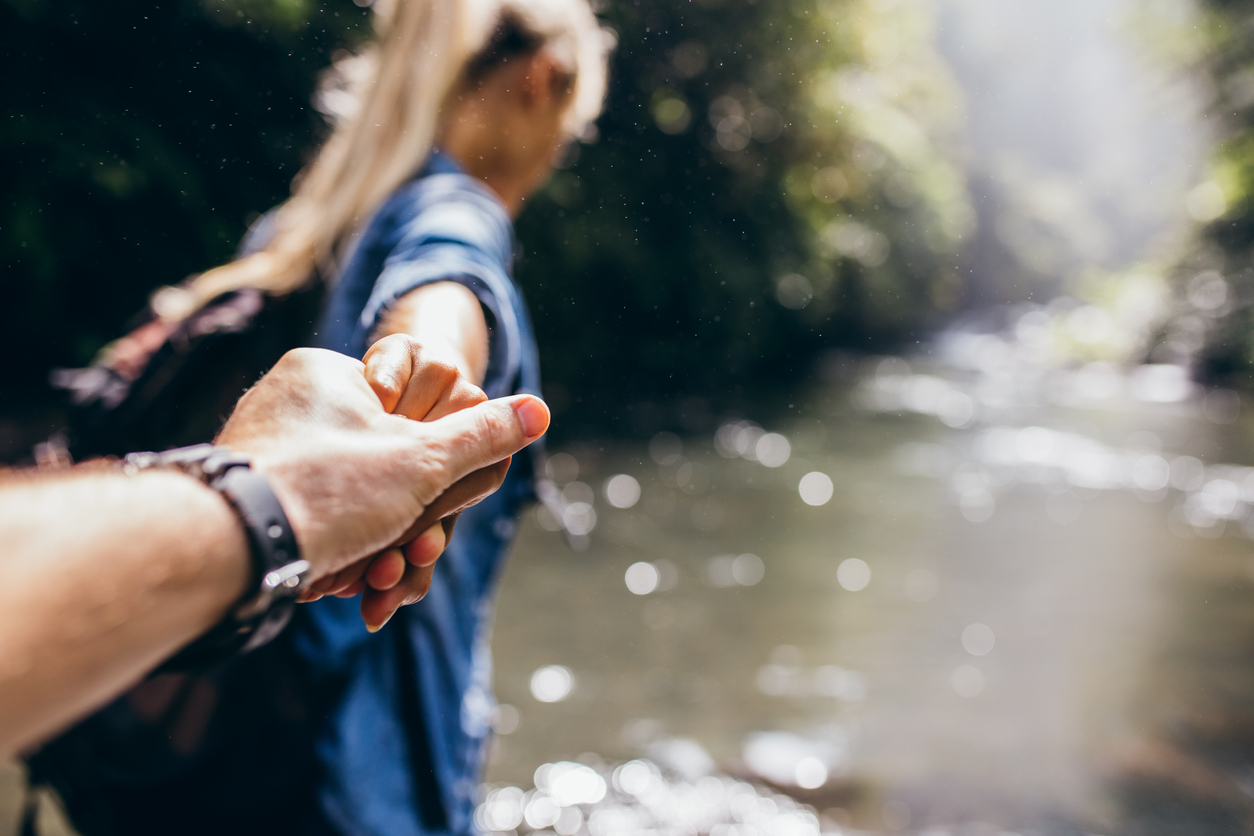Understanding Human Curiosity
- POSTED ON OCTOBER 26, 2022

“Understanding Human Curiosity” is the third in a series of articles written by CTI-trained coaches which focus on the five contexts of the Co-Active coaching model.
As an educator, I have witnessed the essential nature of human curiosity in young children for many years. Simple questions like: What is that? Why do we do that? These are questions you’re likely to hear ad nauseum if you are a busy parent!
Human curiosity is this “child-like” quality that the Co-Active coach uses to bring energy and aliveness to the coaching relationship. What is curiosity? As the Co-Active handbook explains: “curiosity presents a paradox: it has a wonderful quality of playfulness; and yet, in practice, it is a powerful way of opening doors that the client has closed, locked and forgotten.”
Growth is impossible without curiosity. In fact, it is central to what Dr. Carol Dweck, an American psychologist, and Stanford University professor, defines as a "growth mindset," or the belief that you can improve and a general desire to learn. As a Co-Active coach, you have the opportunity to leverage human curiosity: use the skill of asking powerful questions, and start opening those doors. The opening question is the primary way to start – that is, to use a question that has no set answer. For example,
- Closed question: How much exercise do you need each week?
- Open question: What would “being fit” look like for you?
As you can see from the open question, the use of human curiosity gives the power of exploration to the client – it is another way to reinforce their essential creativity, resourcefulness, and the wholeness of who, they uniquely, are.
Exercise: Powerful Questions
According to a Cornwell University teaching resource, questions can do more than just assess what students know. Questions that are appropriately intellectually stimulating, engaging, and effective encourage peer discussion and inspire students to explore and refine their understanding of important concepts. That is why a simple yet challenging exercise is to conduct a coaching session using only powerful questions. Strictly, no advice, and no answers from the coach. Try it.
Notice the impact and shift that happens! There is a myriad of powerful questions in the coaching handbook and even better – why not blurt the stupid question that you already have in your mind?
Often the shorter the question, the more effective.
Another coaching skill to use here is to give your client as much space as they want to think to allow their curiosity to be piqued. Listen and wait. Giving your clients the gift of space is vital. To quote the Co-Active coaching handbook again: “In coaching, powerful questions knock people off their automatic pilot program and make them fly the airplane.”
When you start using human curiosity in your coaching, you may find that clients are caught by surprise and stopped in their tracks by the simplicity and directness of your coaching.
How do you kickstart your own curiosity?
Human curiosity is characterized by a strong desire to discover or understand something. Without it, you carry out the same things in the exact same way because "that's how you've always done it." This is stagnation, and it is detrimental to your growth. Here are some pointers to help you kickstart your curiosity.
Honesty
The best way to start is, to be honest with yourself, and consider when was the last time you were really curious about the world.
Try going into nature and use your personal curiosity to look in a new way at what is out there. How curious can you be about the wildflowers growing hidden underneath a bush? How carefully can you look at grass? Or even paving stones? When was the last time you looked underneath your sink in a really curious way?
Personally, I have found sharpening my curiosity antennae to be a life-changing experience. The power of curiosity for me is that it negates judgment-the two just don’t go together! So when a colleague or a friend behaves in a way that is annoying or upsetting to me, I get curious. I ask: What could have brought this episode on? What else is happening to them? The conversation that follows is an exploration and deepens the relationship.
Identify Self-Defeating Beliefs
So where are some other juicy places to get curious about coaching? One of the most obvious is when the Gremlins of self-defeating belief systems show up. It’s said that curiosity killed the cat but it certainly doesn’t do that for our Gremlins. When the negativity and doubt that clients express in times of change and growth are exposed to curious questions, the light is shone on old beliefs and there is an opportunity for the client to touch base with the true values and fulfillment that they want to live by.
Enroll Others
Another great place to play with human curiosity is by enrolling clients. A good place to practice is at a gathering such as a networking event, conference, party, etc. Allow yourself to ask only curious questions about the person in conversation. When you create a real connection, listening deeply to what they are saying (not to the thoughts in your head), the ideas will just flow as you seek to understand the human being opposite you.
This often has the happy consequence of attracting new clients because the effect of being truly heard is one that not many people have experienced and as a Co-active Coach, armed with oodles of human curiosity, you have the power to offer this gift. I have met many clients this way, without having first considered whether they might be interested in coaching.
Cultivating Human Curiosity With Coaching
Human curiosity is one of the most important characteristics we possess as humans, and it can be developed through coaching.
Coaching sessions can help develop curiosity by providing a safe space in which we can ask questions, try out new ideas, and challenge ourselves. Cultivating human curiosity through coaching allows you to gain the power to learn, grow, and create. A coach can also assist in identifying areas that you may need to understand further and provide resources and support. This allows you to improve self-awareness, comprehension, and compassion for yourself and others; it results in greater understanding and connection with people. All these can assist you in leading a more fulfilling and meaningful life.




